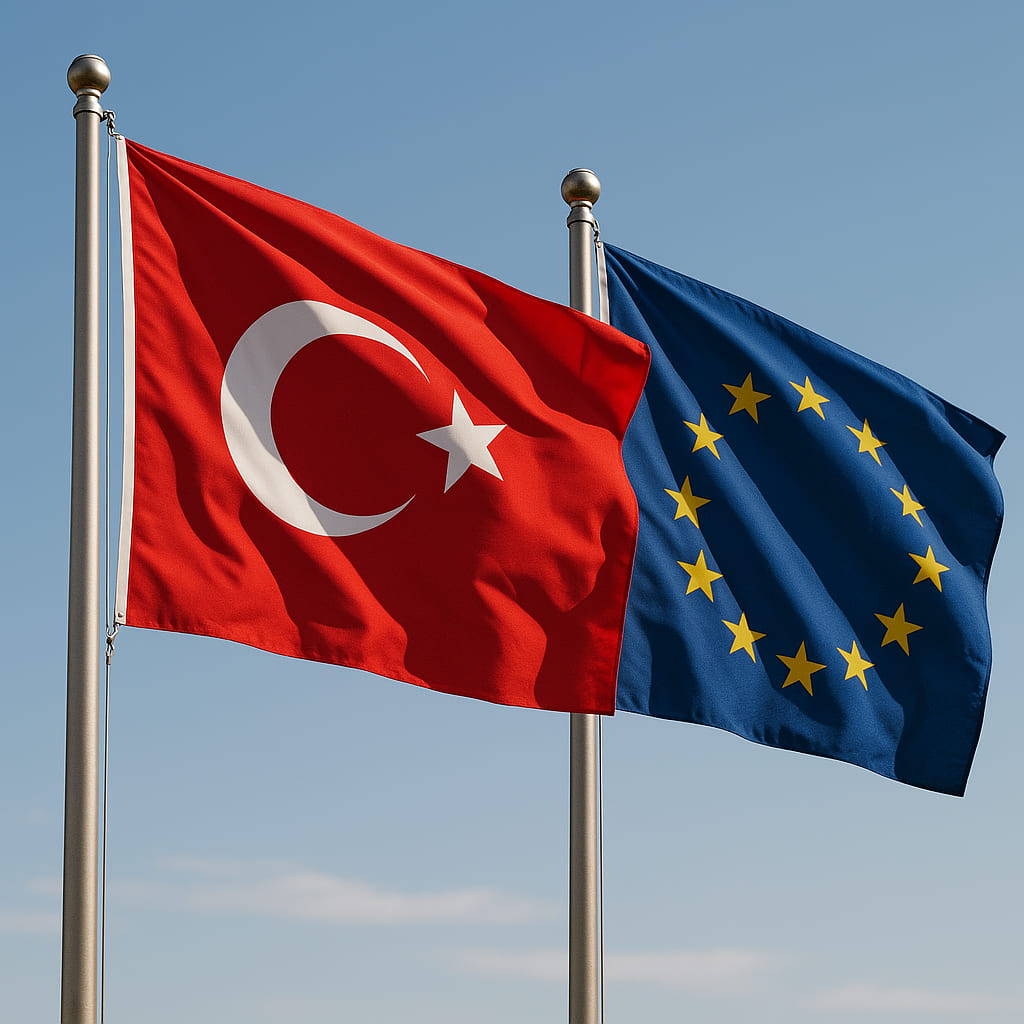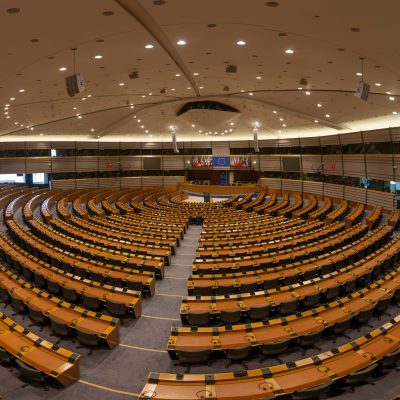[FR] Turkey at the gates of Europe
At the time of the Commission’s report on Turkey’s application, this text assesses the challenges involved in opening accession negotiations and shows that the European perspective has been the driving force behind profound changes in the political system and society.

FOREWORD FROM NOTRE EUROPE
With the controversy surrounding the ratification of the Constitutional Treaty, the response to Turkey’s application for EU membership is one of the major issues fuelling the European debate this autumn. The positions expressed often link the two issues. This is particularly because Turkey could have a significant influence on decision-making within an enlarged Europe, which is why many are concerned about the possibility of its accession. It is noteworthy that the dividing line does not run solely between those who favour sovereignty and those who want closer integration. On the contrary, there are many convinced Europeans among the latter who are now alarmed by the prospect of further enlargement, even though the aims of the process have not been clarified and the solidity of the institutional system remains uncertain, to say the least.
Behind these fears looms the shadow of the frustration felt by all those who regretted that the latest enlargement took place before this essential clarification had been provided. This is certainly a lesson to be learned: in a democracy, when debates are sidestepped, there is a strong risk that they will resurface in unexpected ways.
However, this “internal political” debate overshadows the other side of the issue: where does Turkey stand?
The Commission will soon respond to this question, together with recommendations to the European Council.
It will undoubtedly highlight the ambitious programme of reforms that Turkey has undertaken in recent years to meet the famous ‘Copenhagen criteria’, a programme whose scope is widely recognised by all, even opponents of Turkey’s candidacy. Without seeking to substitute our assessment for that of the Commission on this point, we felt it would be useful to provide some additional analysis by examining the political conditions in which these reforms were implemented.
The study by Jean Marcou and Deniz Vardar clearly highlights the surprising turnaround that has taken place. While the application for membership was initially met with scepticism, even hostility, from a large part of the political forces, it has in recent years become the main vehicle for the modernisation of the Turkish political and social system, thanks in particular to the support of large sections of civil society. This undoubtedly explains why the current government, whose arrival in power was seen by many as a sign of Turkish society turning in on itself, has instead chosen to accelerate the pace of reform. There are undoubtedly still some grey areas, particularly with regard to the effective implementation of the legislation adopted.
In presenting this contribution to the analysis of the Turkish issue, our aim is not to dictate the course of action to be taken but, more modestly, to shed further light on the debate and enable everyone, having taken note of the various studies and opinions, to make an informed decision.




